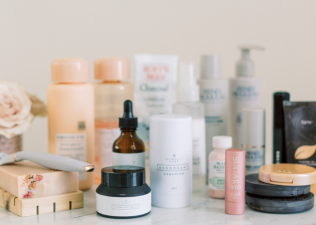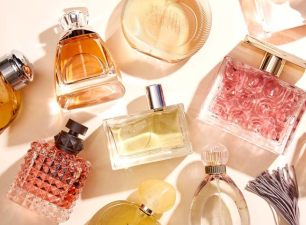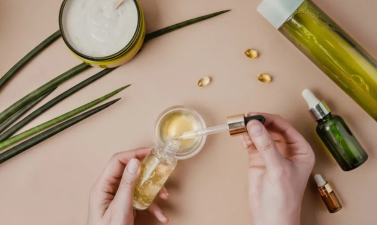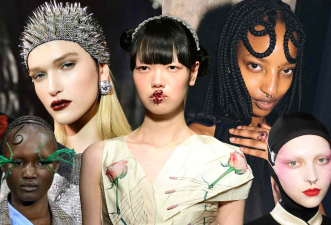Korean skincare has truly taken the world by storm in recent years, exemplified by a clever fusion of scientific skincare and Eastern aesthetics. The South Korean beauty industry has developed rapidly since the 1990s, achieving great success worldwide. Its unique beauty concepts and high-quality products have attracted consumers globally. With technological advancements, digitalization and intelligentization are becoming mainstream trends in the South Korean beauty industry. Pixelation technology enables product development and customized services tailored to individual needs. Consumers can order personalized beauty products through mobile applications or e-commerce platforms, selecting products based on their skin type and needs.
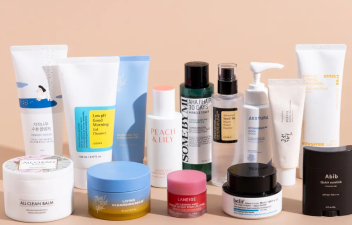
- Ingredient Innovation: Utilizing fermented ingredients and natural extracts like Centella asiatica, combined with active ingredients like peptides and hyaluronic acid, Korean skincare balances efficacy and gentleness.
- Layered Hydration: A "7-layer hydration system" using small-molecule hyaluronic acid and panthenol improves the skin barrier more effectively than moisturizing alone.
- Precise Segmentation: Over a dozen product lines are available for different skin types, even down to morning, evening, and seasonal variations, meeting personalized needs.
- Beauty Technology: Vacuum packaging and microneedle patches enhance the user experience, while laboratory data and clinical testing strengthen credibility.
- "Glass Skin" Culture: The aesthetic of radiant skin, as portrayed in Korean dramas, has become deeply ingrained, driving a surge in categories like natural face creams and cushion products. A 10-step skincare routine, from cleansing oil to sleeping mask, fulfills consumers' expectations of a refined lifestyle.
- Rapid iteration: Monthly new product releases and limited-edition collaborations create a sense of scarcity, while social media reviews further fuel hype.

- Build tolerance: Start with twice-weekly use of new ingredients and gradually increase frequency. If stinging occurs, discontinue use for three days to allow the barrier to repair.
- Periodic evaluation: Use for 28 consecutive days (the skin's metabolic cycle) to assess effectiveness, avoiding frequent product changes.
- Effective pairing: Focus on sun protection and antioxidants in the morning, repair and anti-aging at night, and adjust moisturizing intensity with seasonal changes.
The Development History of the South Korean Beauty Industry
1. The Beginning of the South Korean Beauty Industry
The beginning of the South Korean beauty industry can be traced back to the 1960s. At that time, the South Korean government began to focus on developing the domestic cosmetics industry and formulated a series of policies to support the development of beauty companies. These policies included providing loans and tax breaks. Against this backdrop, South Korean beauty companies gradually grew and began to enter the international market.
2. The Transformation of the South Korean Beauty Industry
In the 1980s, the South Korean beauty industry underwent a significant transformation. At that time, the South Korean government encouraged domestic beauty companies to strengthen their research and development capabilities, improve product quality, and provide more technical support. This transformation enabled South Korean beauty companies to produce more high-quality products and promote them to the international market. Meanwhile, the South Korean beauty industry gradually began to venture into the fields of plastic surgery and medical aesthetics.
3. The Booming Development of the South Korean Beauty Industry Entering the 1990s, the South Korean beauty industry experienced a period of rapid development. With the rise of Korean Wave culture, South Korean fashion and beauty products began to sweep the globe. South Korean beauty companies, through their pursuit of innovation and high quality, successfully transformed South Korean beauty products into international brands. At the same time, South Korean beauty companies also emphasized product personalization and customization to meet the needs of diverse consumers.


